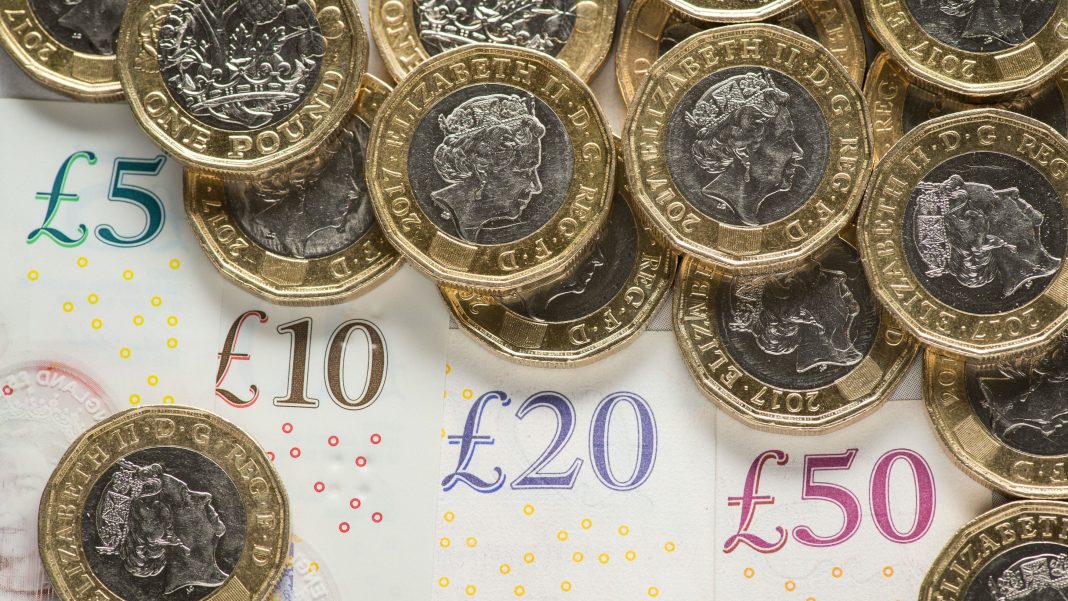Britain reported 596 deaths from COVID-19, the respiratory disease caused by the virus, in hospitals in its daily update on Sunday, raising the country’s total to more than 16,000.
While that marked the smallest daily rise in almost two weeks, figures published over weekends have usually shown smaller-than-average increases in the death toll, and these daily figures do not include deaths in the wider community.
Cabinet Office minister Michael Gove said Britain was not considering lifting its lockdown imposed almost four weeks ago to control the coronavirus outbreak, given “deeply worrying” increases in the death toll.
Sterling fell 0.5% against the dollar at $1.2444. It was also 0.4% weaker against the euro at 87.26 pence. However, a “soft euro environment could see euro/sterling drift to 0.8620/50”, said Petr Krpata, chief EMEA FX and IR strategist at ING.
Speculators cut slightly their net long positions on the currency in the week to April 14, CFTC data shows.
“We’re still broadly constructive on the outlook for the pound, but I would expect that the easy money has already been made and it’s going to be much harder for sterling to pick up momentum at least in the short term,” said Dean Turner, an economist at UBS Wealth Management.
“Sterling is still a very very cheap currency…so as we start to get to that normalisation phase…by the fourth quarter of this year, that should open the door for sterling to pick up some of its recent weakness,” he added.
Some European countries, such as Belgium, a country with one of the highest per capita rates of confirmed COVID-19 cases and related deaths on the continent, said it will look towards easing some of the lockdown measures.
“The UK entered its lockdown phase after a number of our European peers, therefore it’s not controversial at all to assume that we’re going to exit the lockdown phase at a slightly later date,” Turner said.
The pandemic has frozen economic activity in Britain, as in most other developed countries, prompting economists to forecast a deep recession.
The number of people in Britain leaving their homes to go shopping has slumped by 83% since the government closed non-essential retail outlets last month to slow the spread of COVID-19, the British Retail Consortium trade body said on Monday.
Separately, property website Rightmove said it was unable to provide meaningful house price data due to a collapse in the number of new homes being listed for sale.
The British government, in tandem with the Bank of England, had launched several stimulus packages to support the economy.
Finance minister Rishi Sunak launched a new scheme on Monday to protect fast-growing and innovative companies from the economic fallout caused by the coronavirus pandemic.
Still, BoE Deputy Governor Ben Broadbent said on Monday that Britain’s economy might be slow to recover once the government relaxes its coronavirus lockdown.
Broadbent said a 35% contraction in the economy in the second quarter, included in a scenario from the country’s budget forecasters, did not look unrealistic, echoing comments by BoE Governor Andrew Bailey last week.




























